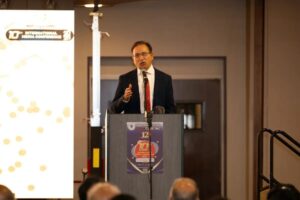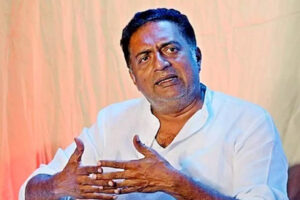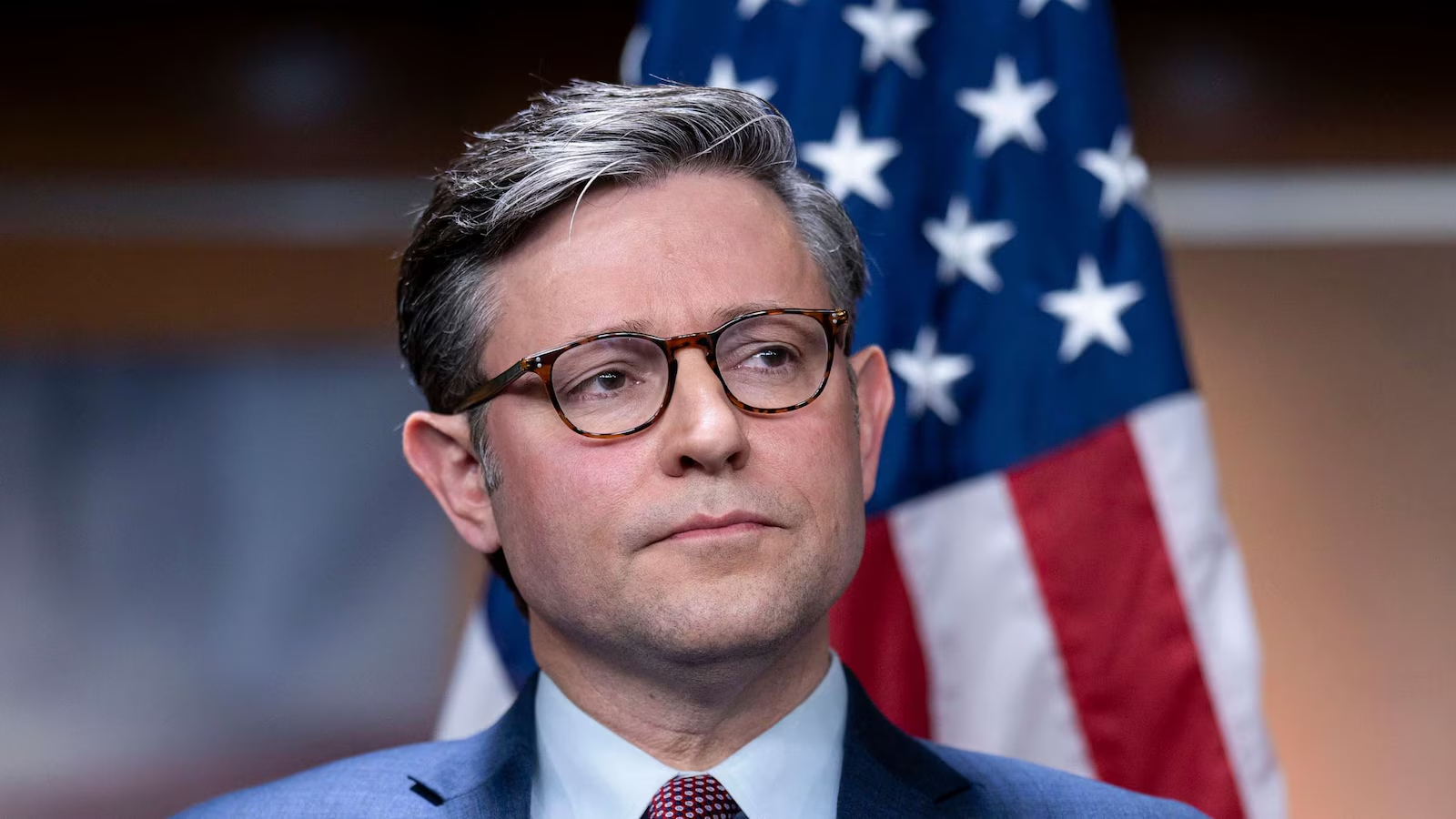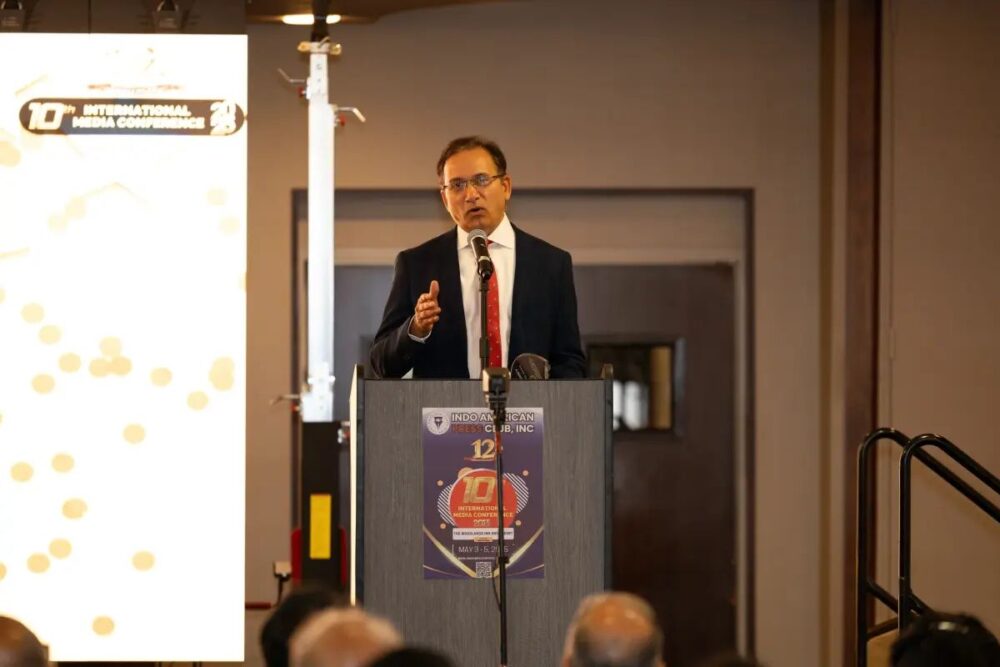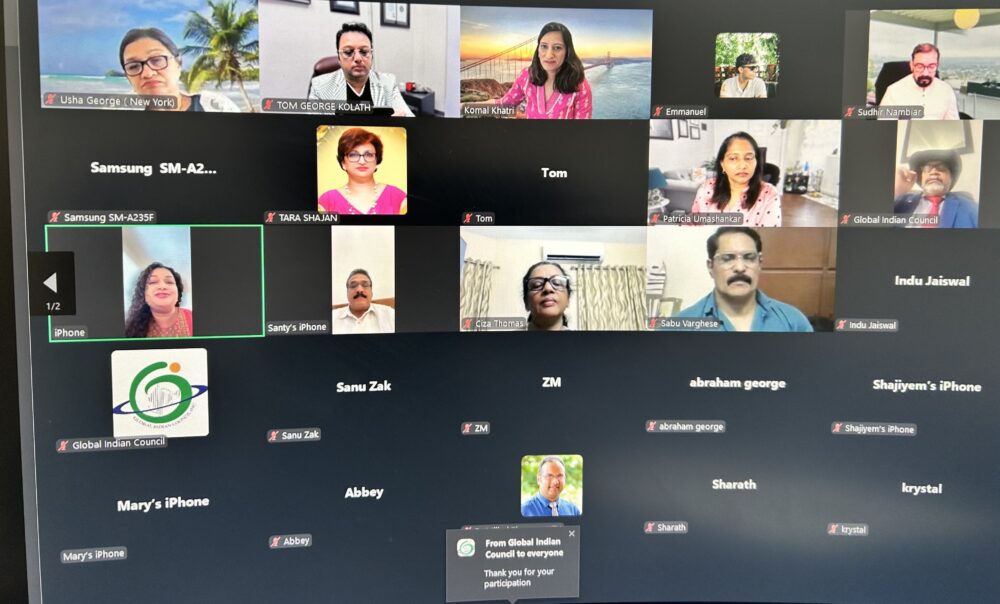House Speaker Mike Johnson (R-La.) is facing growing dissent within the Republican ranks over his handling of the ongoing government shutdown. During a private GOP conference call, several members, including Rep. Dan Crenshaw (R-Texas), openly questioned whether lawmakers should still be home in their districts as the shutdown extended, criticizing the strategy of keeping the House out of session and refusing negotiations with Democrats.
Crenshaw voiced concerns about the inability to make up for lost legislative days since voting last occurred on September 19. Other Republican representatives, such as Marjorie Taylor Greene (R-Ga.) and Kevin Kiley (R-Calif.), echoed similar frustrations, long opposed to the decision to keep the House in recess. Meanwhile, Rep. Don Bacon (R-Neb.), a retiring centrist, suggested that negotiating Affordable Care Act (ACA) tax credits within the appropriations process could help break the deadlock, though he did not believe such negotiations were necessary for the immediate continuing resolution.
Despite these voices, the majority of House Republicans remain unified behind Johnson’s approach. Johnson has maintained that the House “has done its job” by passing a clean, stopgap funding bill and will only convene again once the Senate approves a continuing resolution. Some members like Rep. Andy Ogles (R-Tenn.) from the House Freedom Caucus continue to affirm confidence in Johnson’s strategy.
Johnson’s current approach means the House is operating in one of its lightest legislative years in decades, effectively sidelining itself from efforts to reopen the government as millions feel the shutdown’s impact. At a recent press conference, Johnson claimed that 99% of House Republicans support his decision to keep the chamber out of session.
This growing internal tension reflects the broader challenges Republicans face balancing party unity with member frustrations and public pressure to resolve the shutdown crisis.

